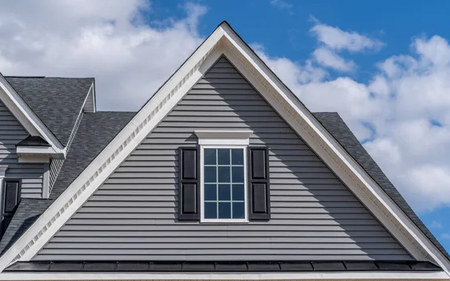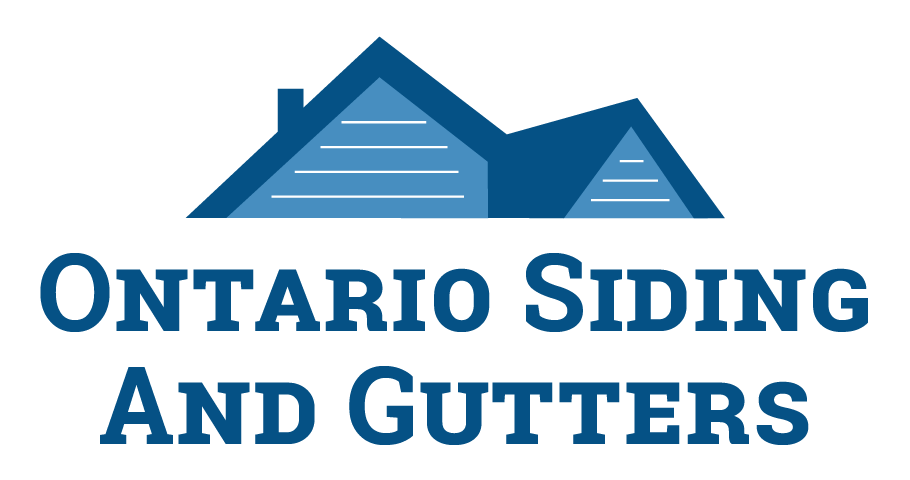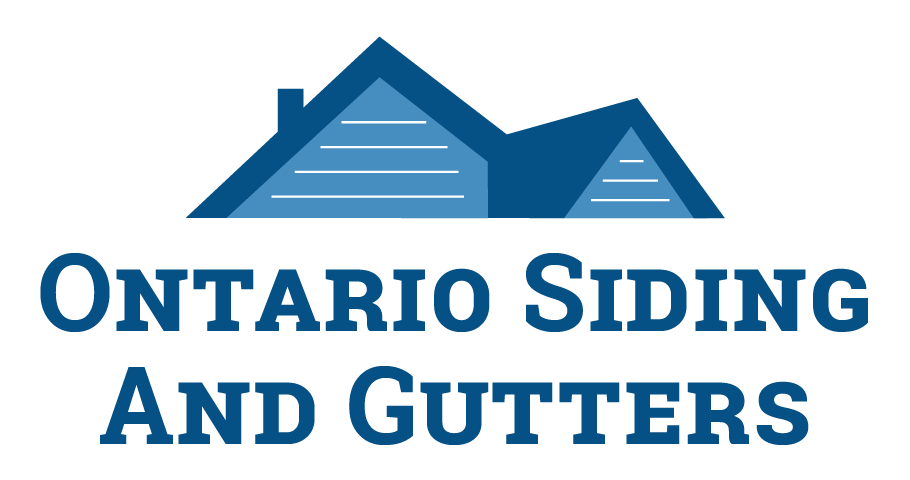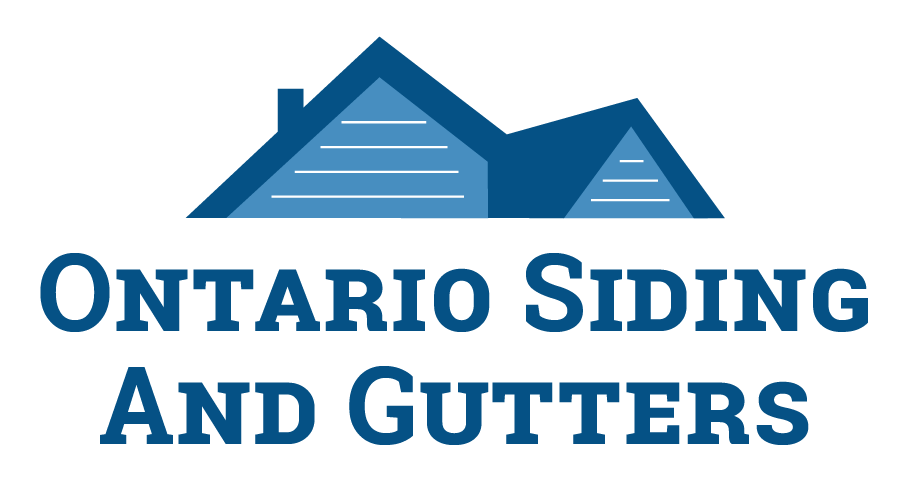 Guide: Siding Choices That Hold Up in Rain-Prone Areas Living in a rain-prone area means you’ll need siding that will stand up to moisture and defend your home against water damage. Choosing the appropriate siding for your home is vital for keeping your home structurally sound and visually appealing. In this blog post, we’ll take a closer look at some of the top siding options for wet climates — noting their characteristics, advantages and disadvantages to help you choose the right one.
Guide: Siding Choices That Hold Up in Rain-Prone Areas Living in a rain-prone area means you’ll need siding that will stand up to moisture and defend your home against water damage. Choosing the appropriate siding for your home is vital for keeping your home structurally sound and visually appealing. In this blog post, we’ll take a closer look at some of the top siding options for wet climates — noting their characteristics, advantages and disadvantages to help you choose the right one.
Vinyl Siding
Features:
- Water Resistance: Vinyl siding has good moisture resistance that makes it ideal for the rainy climate.
- Low Maintenance: Requires very little maintenance; can be easily washed with a hose and mild soap.
- Cost-Effective: Often considered the cost-effective choice when compared to other siding materials, as it is available in different colors and styles.
Considerations:
- Fading Potential: Vinyl siding may fade over time from sun exposure.
- Vulnerable to Cracking: Extreme temperature fluctuations may make vinyl siding brittle or warp.
Fiber Cement Siding
Features:
Resistant to moisture, fire, insects and rot making it a durably option for rainy climates.
- Low Maintenance: Minimal maintenance with deadly fading, cracking and warping.
- Aesthetics: They come in many colors and textures, mimicking the appearance of wood or stucco.
Considerations:
- Cost To Install: Fiber cement siding typically costs more to install than vinyl.
- Weight: Heavier than vinyl siding, needs to be installed by a professional.
Engineered Wood Siding
Features:
It comes in styles that mimic the appearance of natural wood and gives proper moisture resistance.
- Aesthetic Appeal: Provide the natural look of wood but with reduced maintenance and susceptibility to rot.
- Eco-friendly: Manufactured from sustainable materials and is recyclable.
Considerations:
- Maintenance: Needs regular painting or staining.
- Cost: Generally, more expensive than vinyl siding but less expensive than natural wood.
Metal Siding (Steel or Aluminum)
Features:
- Weather Resistance: Metal siding possesses excellent moisture, rot, and bug resistance.
- Longevity: Can last for decades with extremely little maintenance.
- Non-combustibility: Offers additional fire protection
Considerations:
- Denting Potential: Aluminium siding is susceptible to denting, and steel is more robust but will rust if not maintained properly.
- Cost: Generally, more costly than vinyl siding but durable through time.
Wood Siding (Cedar or Redwood)
Features:
- Natural Beauty: Provides a warm, natural appearance that adds curb appeal.
- Durability: Insect- and rot-resistant, especially cedar and redwood.
- Insulation: Offers decent insulating properties for maintaining inside temperatures
Considerations:
- Maintenance: Needs regular maintenance, such as painting or staining every few years to protect against moisture and UV damage.
- Cost: Typically, pricier than other types of siding, plus it may need to be installed by professionals.
The summary: Its important to review factors like moisture resistance, durability, maintenance cost, The concluding marker Each siding has a particular set of pros and cons, so consider your options carefully based on your budget, aesthetic taste and long-term maintenance plans. Regardless of whether you choose vinyl, fiber cement, engineered wood, metal or natural wood siding; investing in high-quality materials and professional installation with Ontario Siding & Gutters will ensure your home is protected and look great regardless of the rainy Ontario weather.


